Spring has sprung and it is not just our homes that could use a good spring cleaning – our record-keeping practices could also benefit from a thorough review. Maintaining HR compliance with record retention is crucial for businesses to ensure they are meeting legal requirements and protecting themselves from potential liabilities. But do you know what records you should keep, and for how long? And what about disposing of sensitive documents? Let us delve into the importance of record retention and guidelines you should follow to stay compliant.
Following your company’s record retention policy is not just about tidying up paperwork; it supports the organization’s internal documentation and accounting systems and addresses compliance requirements in state and federal law. Failure to adhere to these guidelines can lead to legal repercussions and financial penalties.
According to federal, North Carolina (NC), and South Carolina (SC) law, here are the record retention guidelines across various categories:
Personnel Records
- Collective bargaining agreements: 3 years
- Employment contracts and agreements: 3 years
- I-9 Forms: Later of 3 years after date of hire or 1 year after employment is terminated.
- Employee tax records: 4 years
- Salary schedules; ranges for each job description: 2 years
Medical Records
- Hazardous material exposures: Duration of employment + 30 years
- Injury and Illness Incident Reports (OSHA Form 301): 5 years following end of calendar year that records cover.
- Medical exams required by law: Duration of employment + 30 years.
- FMLA required records: 3 years.
Benefits Records
- Benefits descriptions per employee: Permanent
- Pension plan and retirement records: Permanent
- Employee benefit plans subject to ERISA: 6 years from when record was required to be disclosed.
Payroll Records
- Payroll registers (gross and net): Permanent/3 years from last entry date
- W-2 and W-4 Forms and Statements: If document is in effect + 4 years.
- Records relevant to an audit or review: 7 years after conclusion of audit or review
Financial Records
- Accounts Payable and Receivables ledgers and schedules: 7 years
- Audit reports/financial statements: Permanent.
- Bank statements, cancelled checks, and deposit slips: 7 years.
- General ledgers: Permanent
Other Records
- EEO-1 Reports (Employer Info. Report): Filed annually, most recent on file.
Ensuring compliance with these record retention guidelines requires careful planning and organization. It is essential to establish clear policies and procedures for record retention, including protocols for securely disposing of sensitive documents when they are no longer needed.
As you embark on your spring-cleaning journey, take the time to review your company’s record retention practices. By staying vigilant and proactive in managing your records, you can protect your business, streamline operations, and maintain HR compliance throughout the year.
Remember, a little spring cleaning now can save you a lot of headaches down the road!


